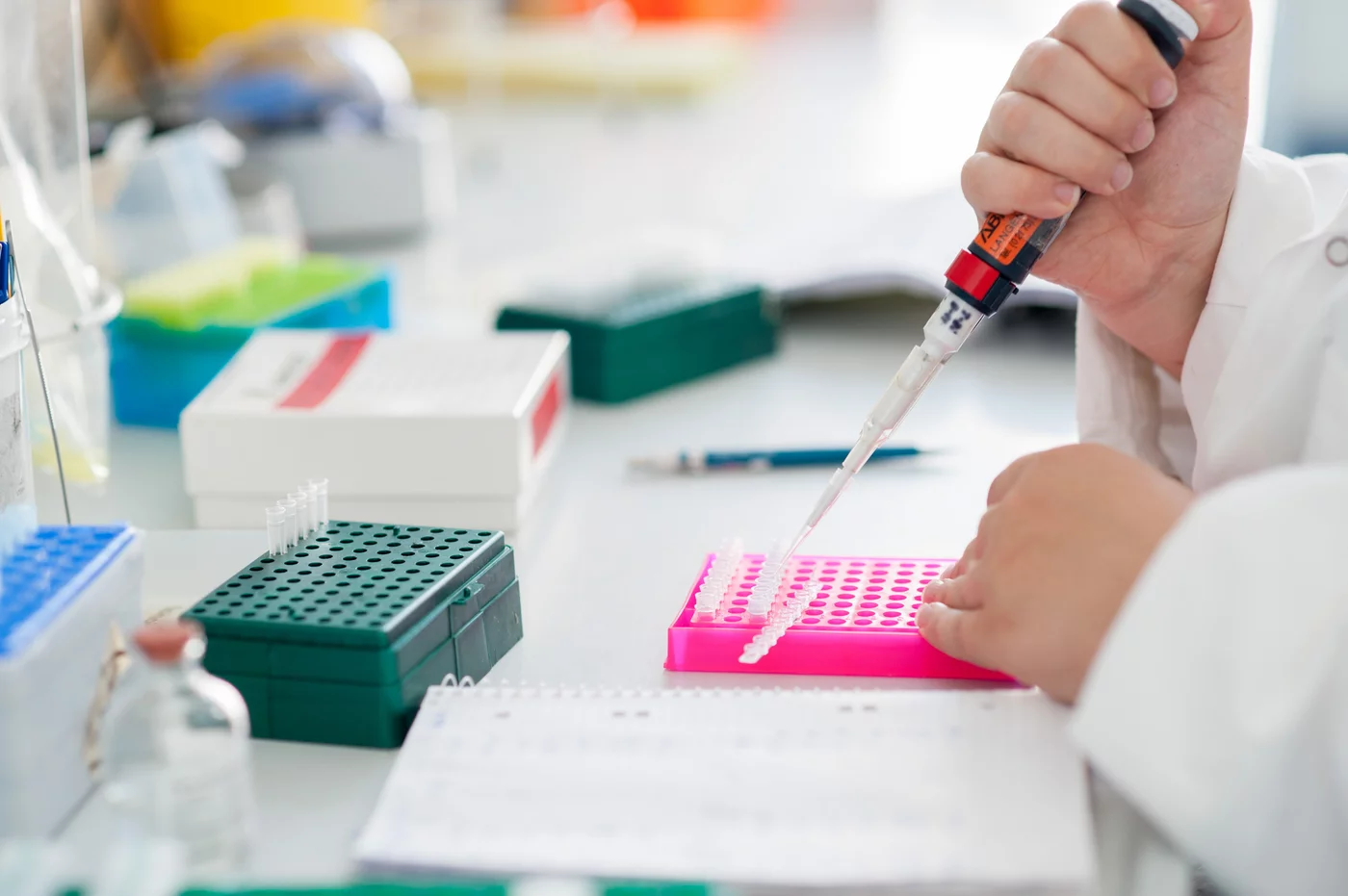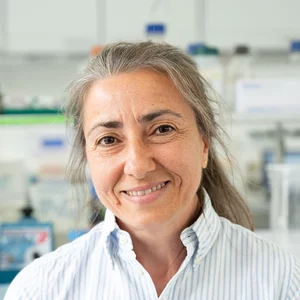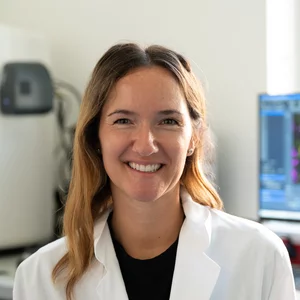P11
Role of microbial amino acid metabolism on chemotherapy response in CRC
Research Focus

Plasticity of microbial ecosystem comprised of complex community of bacteria, fungi, archaea and viruses in gut, plays a decisive role in determining health and has been implicated in CRC or resistance to therapy. P11 addresses the critical link between diet, microbiome and cancer with a specific focus on amino acid metabolism. This project aims to examine potential applications of microbiome in precision medicine by targeting microbial tryptophan-indole metabolism employing precision nutrition and innovative in vitro and in vivo tools to enhance anti-tumor immunity and treatment efficacy.
Main Collaborations
- P01 Greten: Modulating CAF plasticity to enable immunotherapy of colorectal cancer:
- P02 Büttner/Flinner: Multi modal prediction of therapy response for rectal cancer patients:
- P06 Günther/Naschberger: Impact of vascular plasticity on therapy responses in CRC:
- P07 Berlin/Groß: Specific role(s) of the inflammasome in the TME of primary and metastasized sporadic CRC:
- P10 Bengsch/Feuerstein: Targeting the intra-metastatic microbiome in colorectal cancer:
- P12 Rosshart: Identification of immunomodulatory microbial metabolites as novel therapeutics for advanced CRC:
- P13 Müller/Zundler: Modulation of CRC development and progression by GPR15L-dependent effects on lymphocyte infiltration and the intestinal microbiota:
- P14 Kesselring/Minguet: The role of γδ T cells in the tumor microenvironment of colorectal cancer:
- P15 Hildner: Tumor stroma-derived signals impair cDC1-dependent checkpoint inhibition as a potential resistance mechanism of colorectal cancer immunotherapy:
- S01 Berlin/Greten/Naschberger: Human tumor organoid biobanks for preclinical validation:
- S02 Reiss/Ritter: Spatial profiling of the tumor microenvironment in CRC:
- S03 Börries/Gupta: Research information infrastructure, data management and bioinformatics core:


